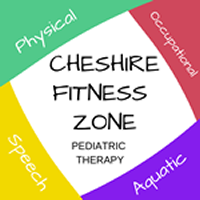Working in the field of rehabilitation comes with a lot of planning, testing and trying new things. When it comes to cognitive and motor skills, there are a number of treatment options that may assist. For ADHD specifically, one intervention that has shown promising results is Interactive Metronome.
In this blog we’ll take a closer look at what Interactive Metronome is and how it’s being used in clinical and educational settings to assist in strengthening neural pathways as well as help with motor and sensory issues.
How it Works
A therapist will use a computer program that emits an auditory stimuli and require motor response as feedback. This works at improving processing and response time as well as attention and motor skills. The computerized metronome differs from a standard one because it has accurate response up to the millisecond – which is critical for brain engagement.
How IM Helps Patients
Research has proven that use of IM improves processing abilities. That means better balance, concentration, coordination, reading abilities, language processing and even a decrease in impulsive behavior. As a therapy program, the computerized metronome helps with timing in the brain to improve rhythm and coordination needed for motor planning and sequencing.
To improve attention deficit, millisecond brain timing is strengthened as patients work through the computer program learning to keep rhythm and coordination with the sounds coming in to their headset.
This game-like way to motivate and create a goals-based tool to sharpen basic skills is helping many with issues ranging from developmental to cognitive – and more.
IM can also be used as an assessment tool where patients are scored on their ability to respond in milliseconds to the stimuli. From there, a score measures their abilities and assess if therapy is needed.
Additional Uses
In addition to ADHD, IM is used to help with fall prevention, sports conditioning, academic performance, and even to treat degenerative conditions such as Parkinson’s disease.
If you’re interested in learning more about Interactive Metronome as an alternative treatment option as well as the many ways it has shown improvements for different disorders, contact us today!



